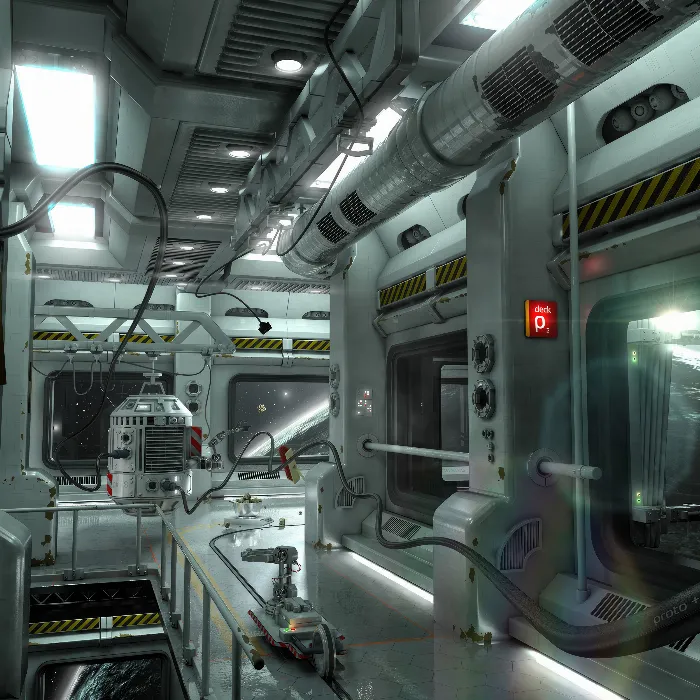Creating a room in Cinema 4D can be a challenging but also extremely creative task. Here you will learn how to effectively model a room segment that can later become part of an impressive space station. In this tutorial, you will understand the approach to not only designing rooms from the outside but, above all, from the inside. Approach the task creatively and gradually let your individual space scenario emerge!
Main Insights
- Rooms should first be viewed from the inside out.
- The room construction follows a modular principle – every segment counts.
- The dimensions alone do not indicate the effect of a room.
Step-by-Step Guide
To work effectively with Cinema 4D, do not start by simply creating and setting up a room. Instead, you are dealing with a dynamic process that focuses on the modular elements of your room or space station.
Step 1: Prepare the Room
First, consider designing a simple room. The most common mistake is to view the room as a closed whole. You should avoid this as it restricts your creativity. Click on "Create Object" and select a simple square or rectangle for the first room sector.
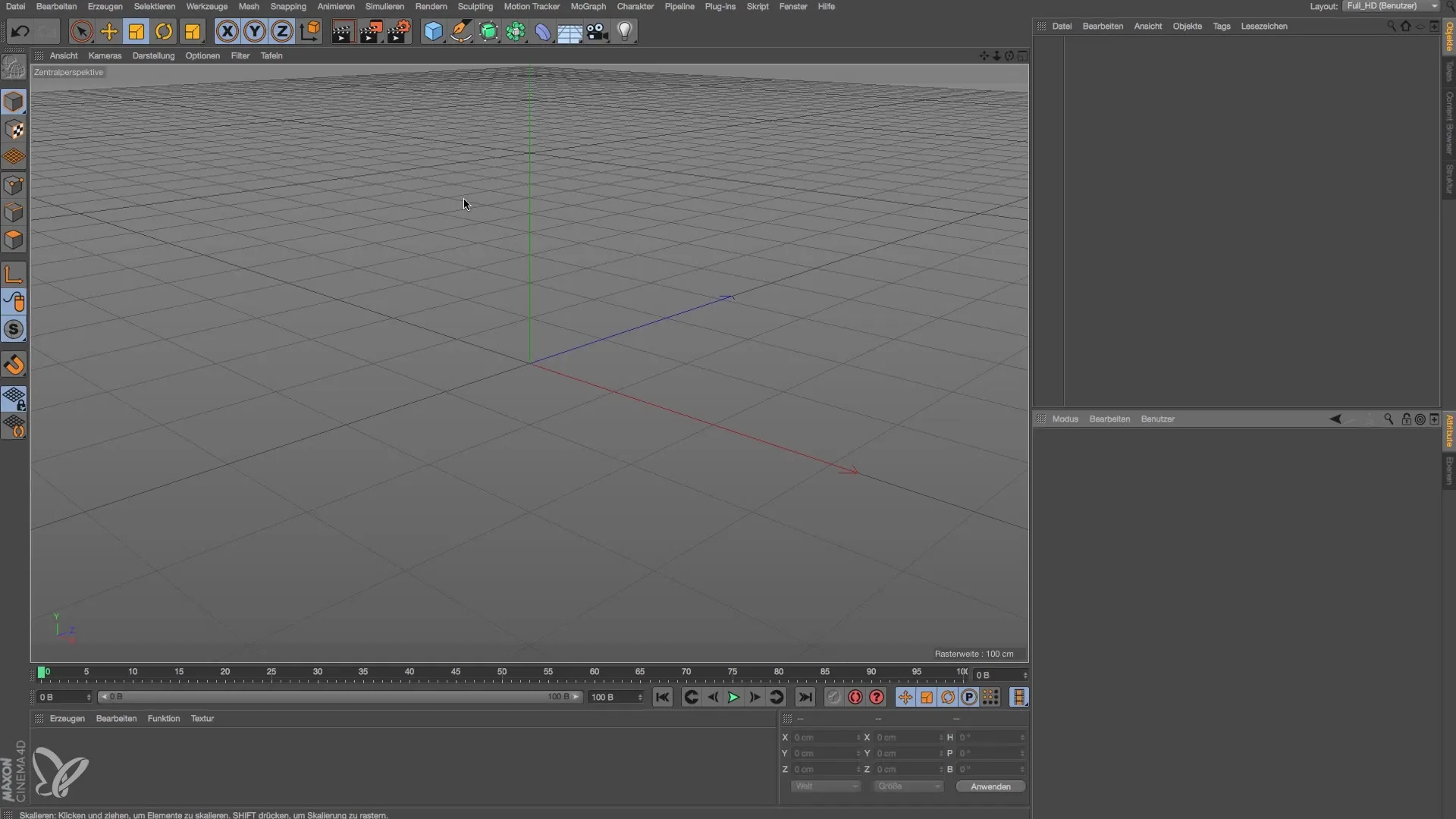
Step 2: Adjust Dimensions
Next, you focus on the dimensions. An initial size of 30 cm in all directions is ideal. These measurements provide you with the necessary freedom to design your room as you wish. Adjust the various axes, with width, depth, and height being crucial.
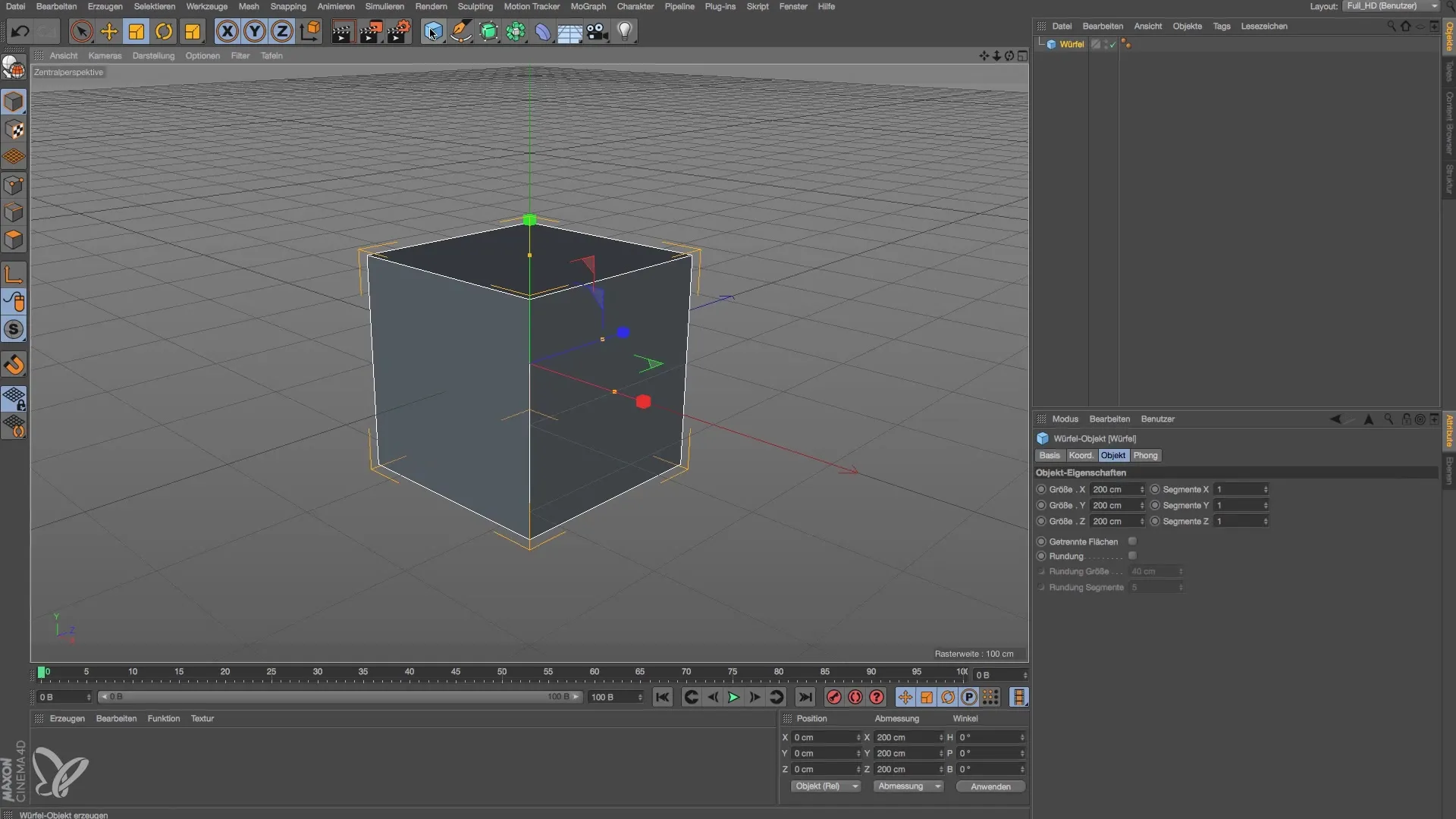
Step 3: Build Room Segment Modally
With the first wall element ready, you now focus on modularity. Group the wall segments to create different parts of your space station. By duplicating the first wall, you can enlarge and expand the structure. The modularity principle not only promotes flexibility but also increases efficiency in creation.
Step 4: Edit and Adjust Walls
Once your elements are duplicated, you should adjust the angles and positions. It is important that your walls are not only symmetrical but also functional. You can also slightly round the walls to achieve a more aesthetic look and create shadows that give the room more depth.
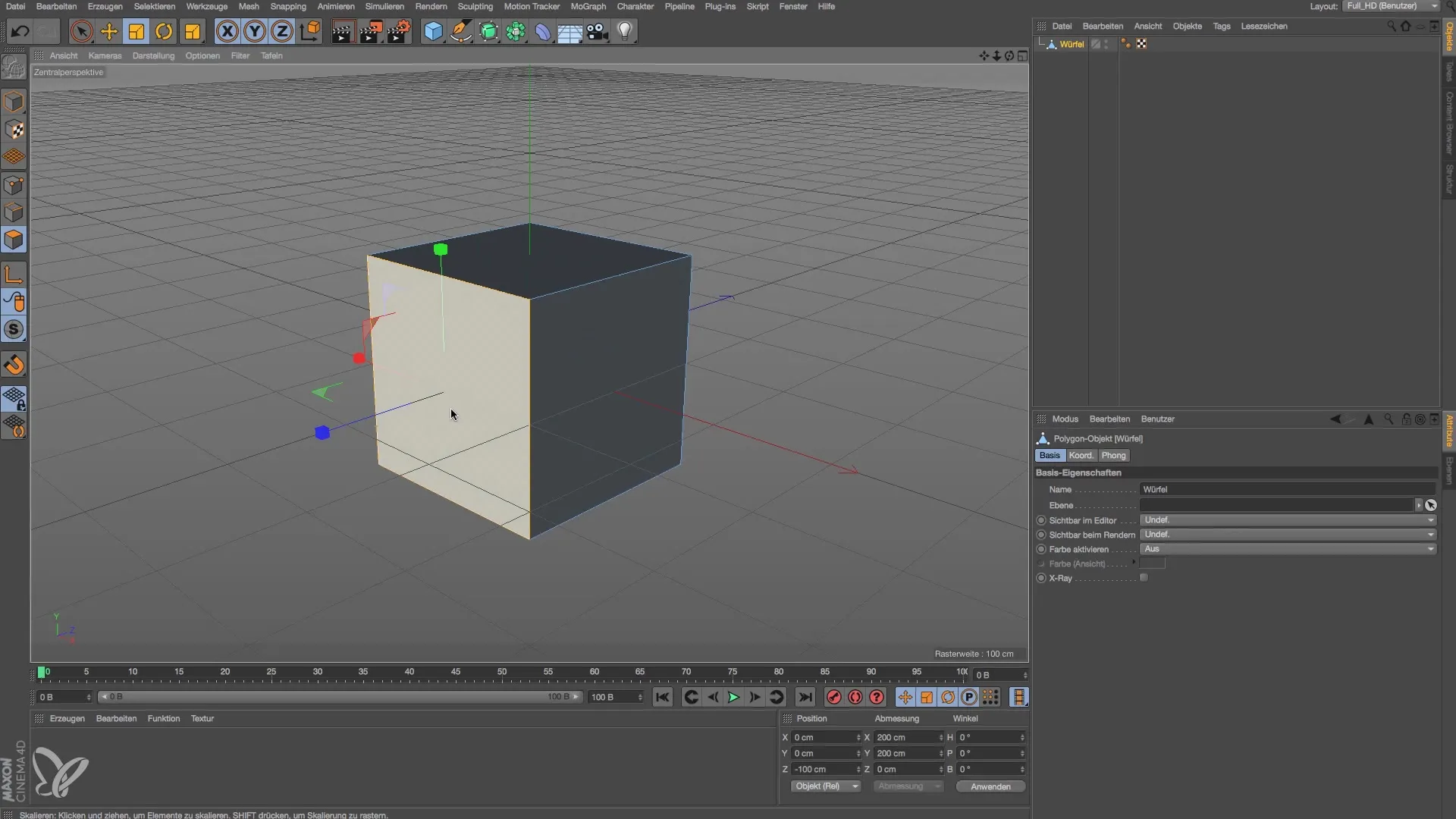
Step 5: Expand Modularity
To give your design an additional dimension, help the room to expand further by adding more walls. A harmonious balance between width and height is essential. Play with the dimensions: perhaps your room also wants a small balcony or a window structure.
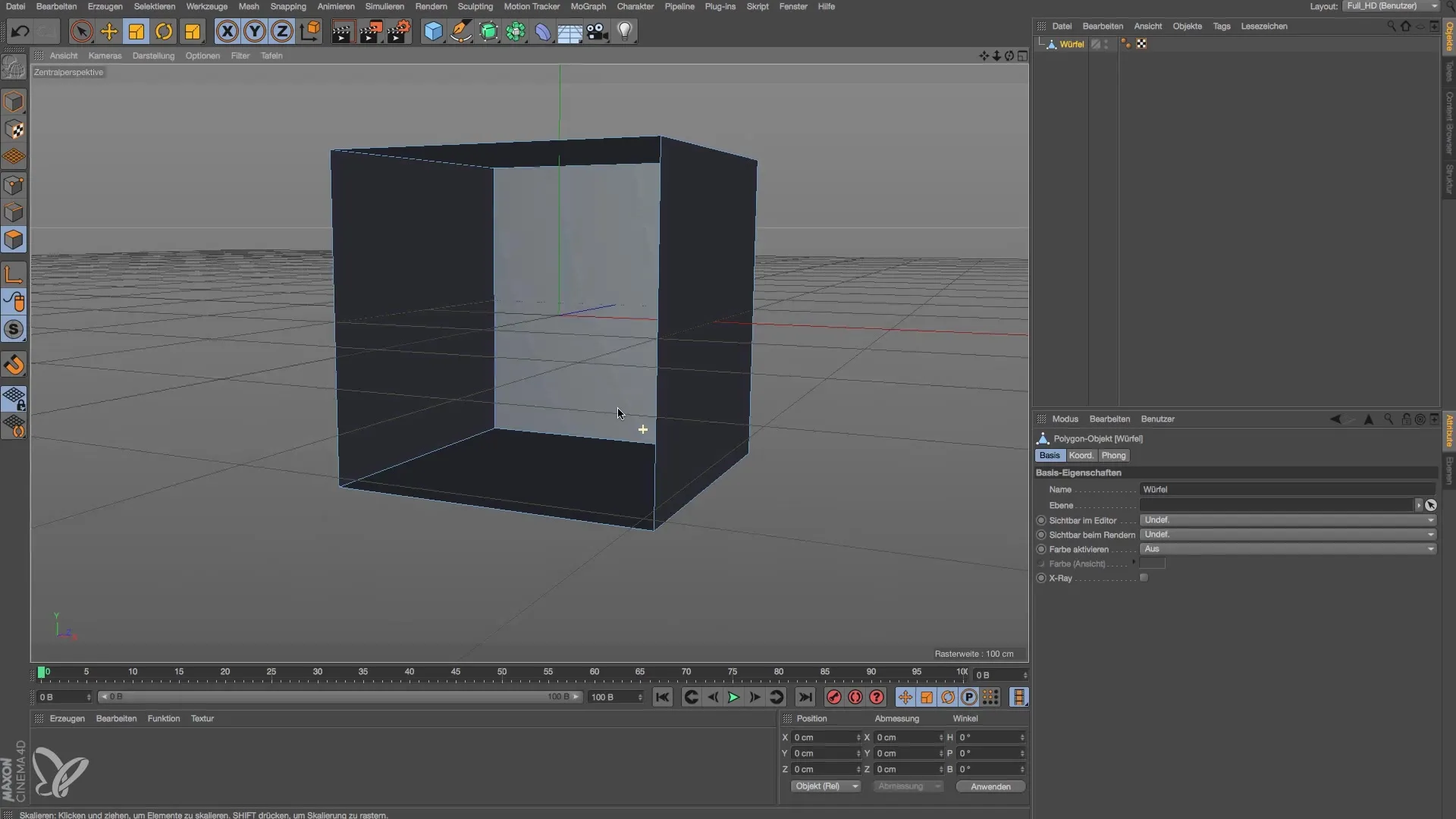
Step 6: Add Details
Now comes the creative part: adding details. Think of windows, doors, or even furniture that bring the room to life. These elements are crucial for shaping the atmosphere of a room, as they can enhance the entire space and add so much character.
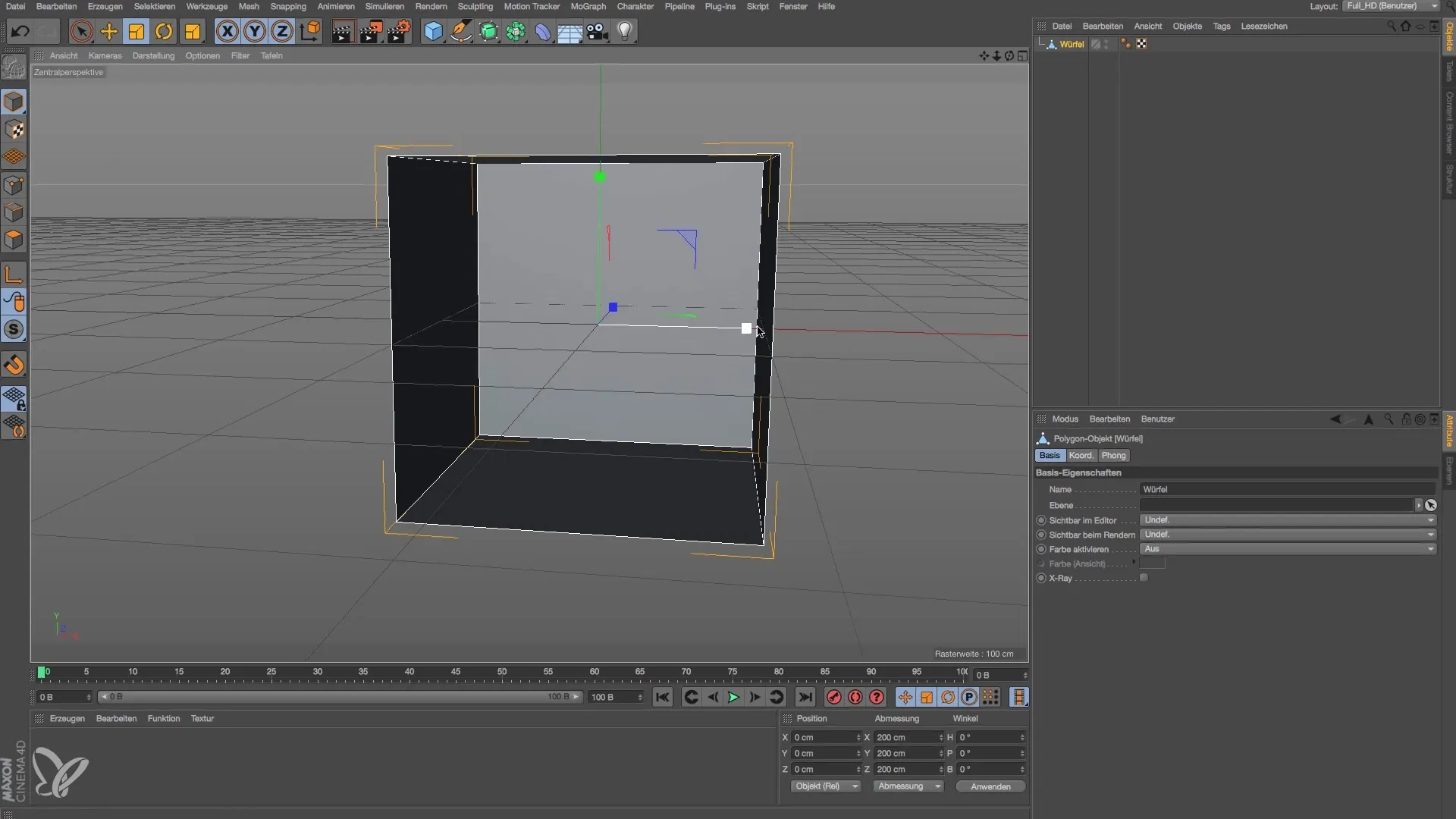
Step 7: Plan Lighting
Lighting is an important aspect that is often overlooked. Experiment with different light sources and intensities to clarify how light and shadow behave in your room. Essential light and shadow effects can give your room a more realistic ambiance and significantly increase the impact.
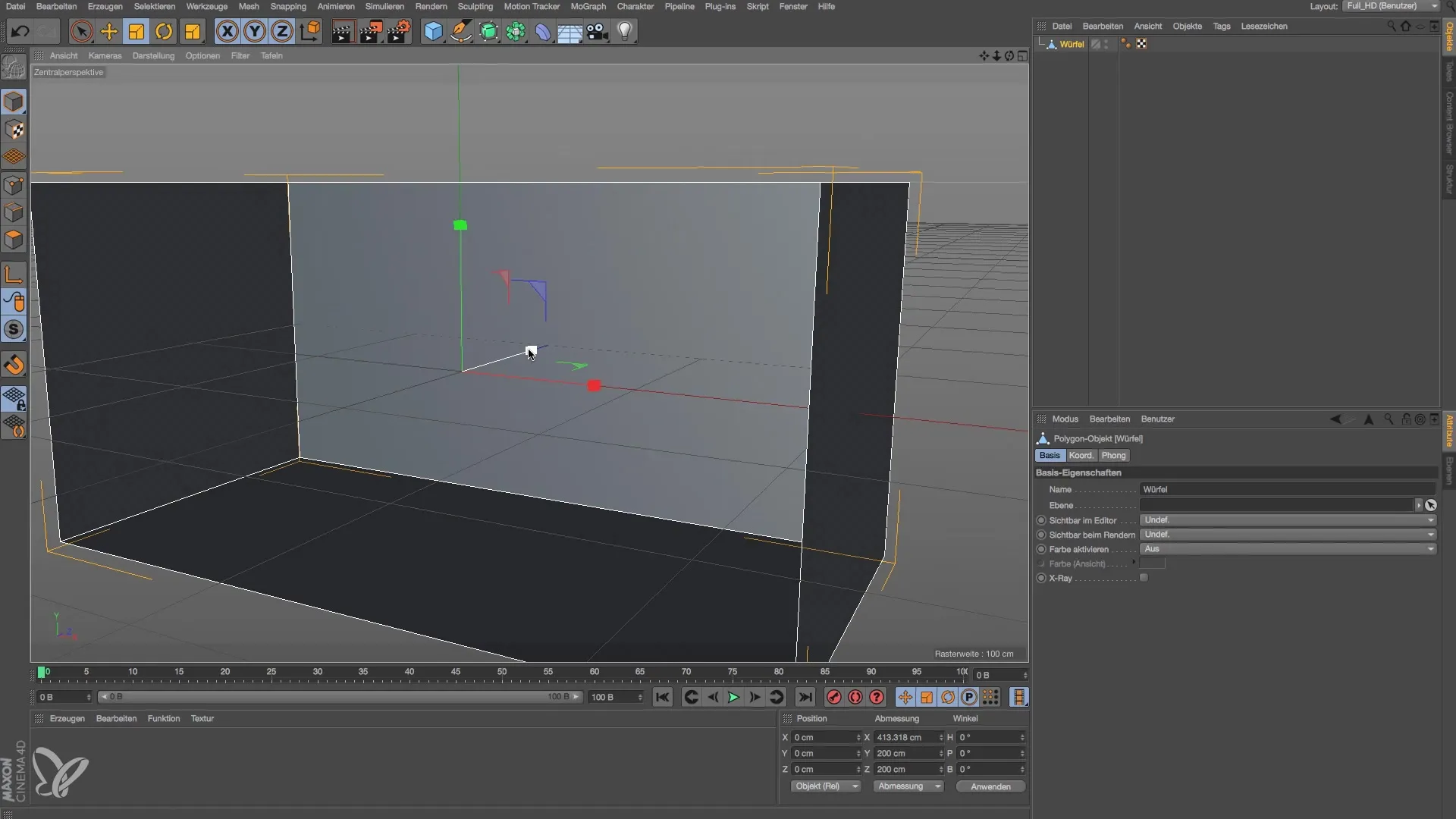
Step 8: Final Check and Refinement
Before you finalize your project, do a final check. Make sure that all elements harmonize well and that the room conveys the desired feeling. Small adjustments can make a difference and greatly enhance the overall effect.
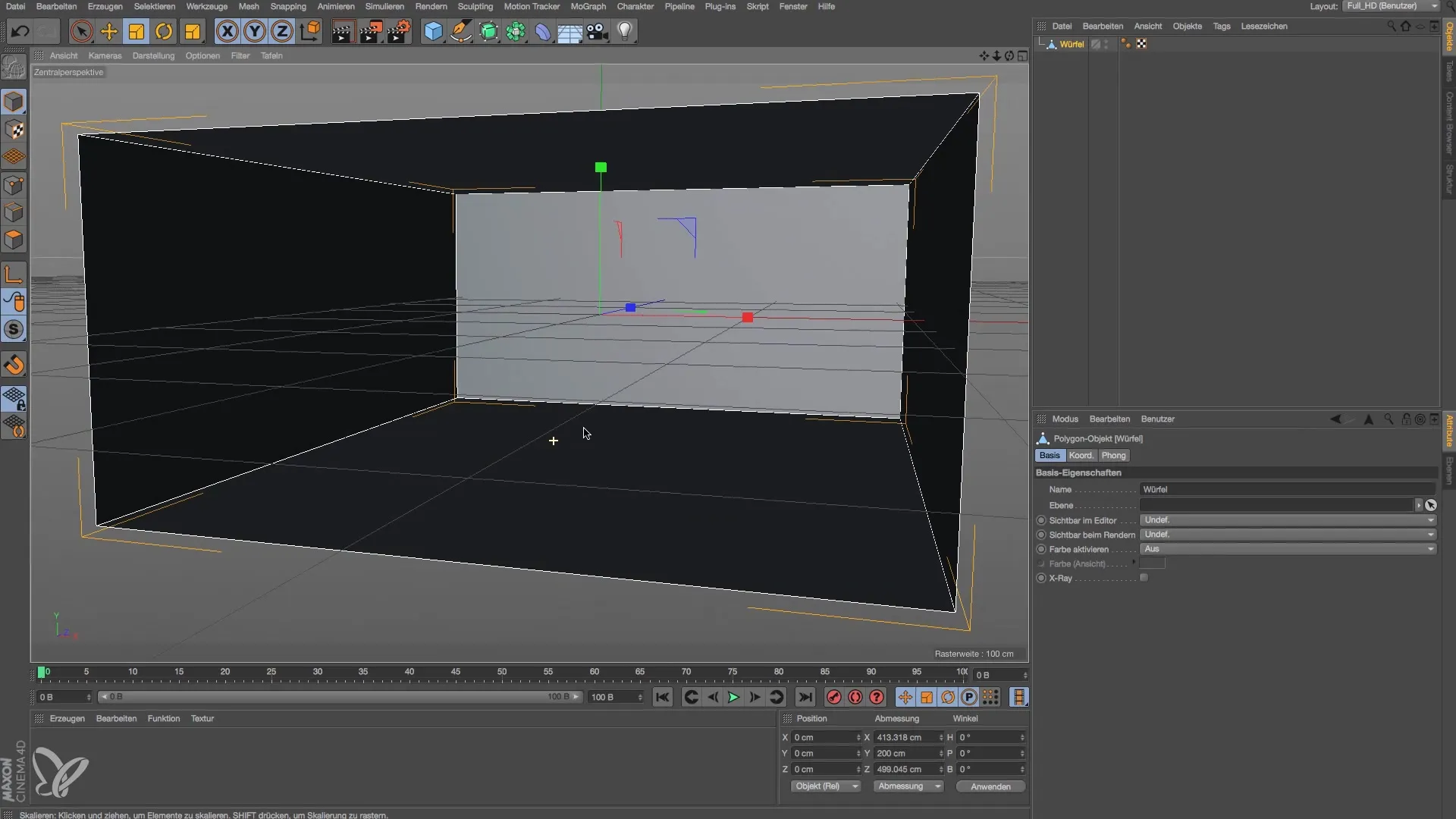
Summary – Modeling and Lighting a Space Station in Cinema 4D
It is important to follow a structured and modular approach when modeling rooms in Cinema 4D. With the right approach to room design and a careful selection of lighting parameters, you can achieve impressive results.
Frequently Asked Questions
How can I make the room larger or smaller in Cinema 4D?By adjusting the dimensions in the settings for each element.
What tools do I need to round off walls?Use the cylinder or rounding tool to create smoother transitions.
How do I add furniture to the room?Create or import models of furniture and place them in the desired position.
Does Cinema 4D support other light sources as well?Yes, Cinema 4D offers various light sources such as point light, area light, and ambient light.
What are the main steps for room creation?Start with a modular structure, adjust dimensions, and pay attention to lighting effects.
